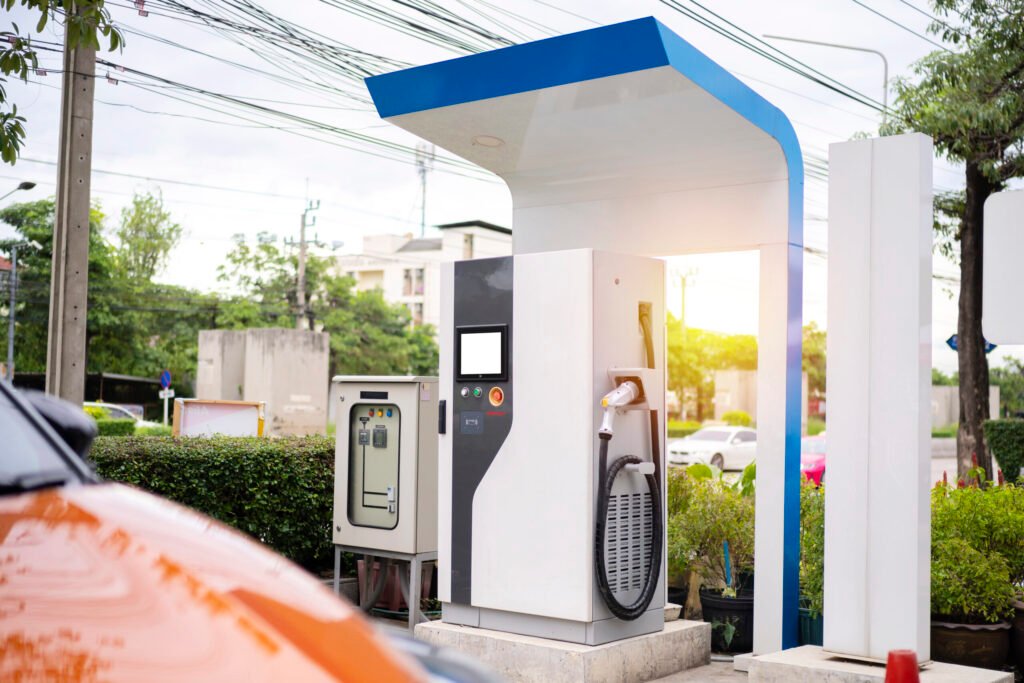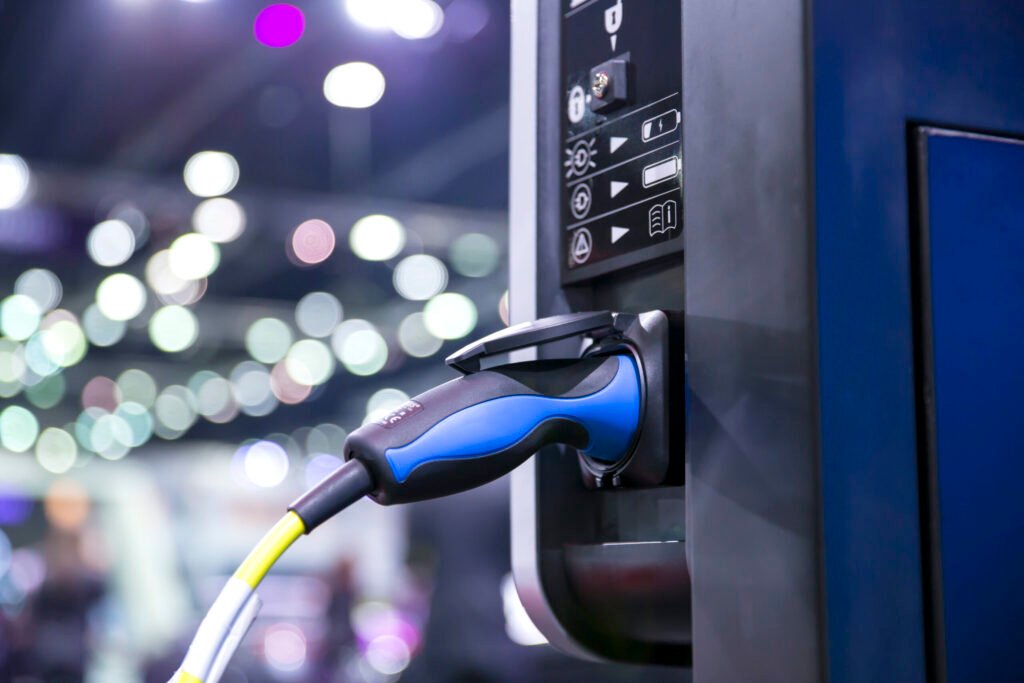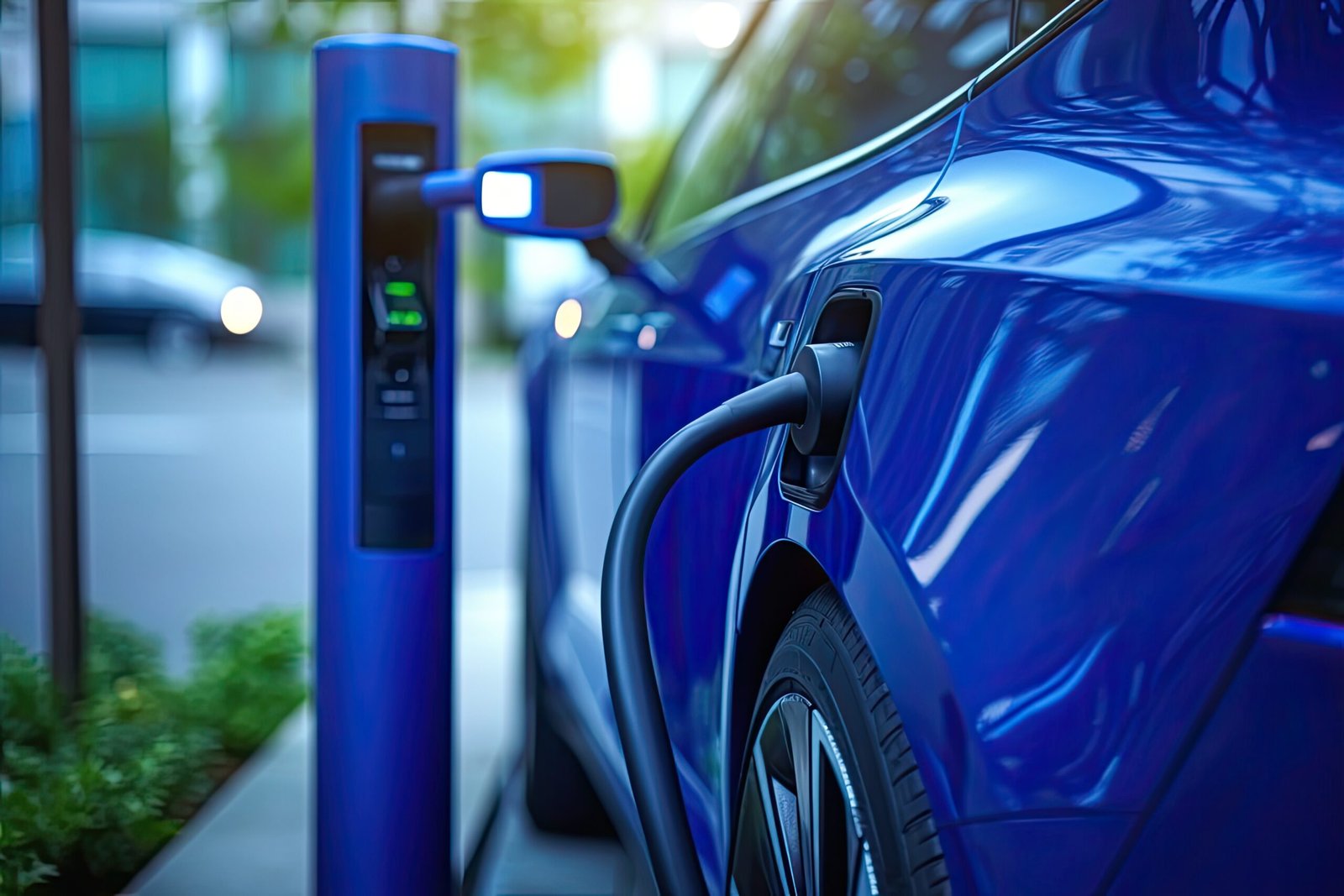As you consider switching to an electric vehicle, upgrading your home with a dedicated charging solution becomes a practical necessity. Installing an electric vehicle charging station at your residence not only enhances convenience but also supports a sustainable lifestyle.

Having a home charging station means you can charge your vehicle overnight, waking up to a fully charged battery every morning. This setup eliminates the need to search for public charging points, making your daily commute smoother and more efficient.
Key Takeaways
- Convenience of charging your vehicle at home overnight
- Enhanced sustainability with a dedicated charging station
- Eliminates the need to search for public charging points
- Improves daily commute efficiency
- Supports a seamless transition to electric vehicle ownership
Understanding Electric Car Outlet Options for Home Charging
You have several options for charging your electric car at home, and it’s vital to understand the differences. Home charging can be categorized mainly into two types: Level 1 and Level 2 charging.
Level 1 Charging: Standard Home Outlets
Level 1 charging uses a standard 120-volt home outlet. It’s the most straightforward method, requiring no additional infrastructure. However, it’s also the slowest, providing about 2-5 miles of range per hour of charging. This method is suitable for those with shorter commutes or those who can charge their vehicles overnight.
Level 2 Charging: Dedicated Electric Car Outlets
Level 2 charging, on the other hand, requires a dedicated 240-volt electric car charger. It charges significantly faster, delivering 10-25 miles of range per hour. For frequent drivers or those needing quicker turnarounds, a Level 2 ev charger is more suitable.
Comparing Charging Speeds and Costs
When choosing between Level 1 and Level 2 charging, consider both charging speed and installation costs. The table below summarizes the key differences:
| Charging Level | Charging Speed | Installation Cost |
|---|---|---|
| Level 1 | 2-5 miles/hour | $0 – $100 |
| Level 2 | 10-25 miles/hour | $500 – $2,000 |
Understanding these options helps you make an informed decision about your home electric car charging point. While Level 1 is cost-effective and straightforward, Level 2 offers faster charging, potentially increasing your vehicle’s utility.
Installing an Electric Car Outlet in Your Home
A crucial aspect of owning an electric vehicle is setting up a suitable charging solution at home. This involves more than just plugging into a standard outlet; it requires a thoughtful approach to ensure safe and efficient charging.
Assessing Your Home’s Electrical Capacity
Before installing a level 2 ev charger, it’s essential to assess your home’s electrical capacity. This involves evaluating your electrical panel’s ability to handle the additional load. A licensed electrician can help determine if your current setup can support the charger’s power requirements or if upgrades are needed.
Choosing the the Right Location for Your Electric Vehicle Charging Station
Selecting the optimal location for your charging station for electric cars is vital. Consider the proximity to your parking area, the length of the cable required, and any potential obstacles. The chosen location should balance convenience with safety, keeping the charging area away from high-traffic zones.

Professional Installation Process and Costs
The installation process typically involves a site assessment, obtaining necessary permits, and the physical installation of the charger. Costs can vary based on the complexity of the job, the need for electrical upgrades, and local labor rates. Hiring a certified electrician ensures compliance with local codes and safety standards.
Permits and Electrical Code Considerations
Compliance with local electrical codes and obtaining the required permits are critical steps in the installation process. Your installer should handle these aspects, ensuring that the charging station meets all regulatory requirements and operates safely.
By carefully planning and executing the installation of your home electric car outlet, you can enjoy the convenience and benefits of level 2 charging, enhancing your overall electric vehicle ownership experience.
Conclusion: Benefits and Savings of Home Electric Car Charging
Upgrading to a dedicated electric car outlet for your home can significantly enhance your electric vehicle ownership experience. With a dedicated charging station, you can enjoy the convenience of charging your vehicle at home, potentially reducing your reliance on public charging infrastructure, including searching for an electric car charging station near me.
By installing an electric car outlet, you can save on fuel costs and reduce your environmental impact. Home charging also provides the flexibility to charge your vehicle during off-peak hours, further optimizing your energy expenses. Consider upgrading to an electric car outlet to maximize the benefits of electric vehicle ownership.
FAQ
What is the difference between a Level1 and Level2 electric car outlet?
A Level1 electric car outlet uses a standard 120-volt household outlet, while a Level2 outlet is a dedicated 240-volt charging station that charges your electric vehicle faster.
How long does it take to charge an electric vehicle at home?
The charging time depends on the type of electric vehicle, the capacity of the battery, and the level of charging. Level1 charging can take up to 24 hours, while Level2 charging can take between 4-8 hours.
Can I install an electric car outlet myself?
No, it’s recommended to hire a licensed electrician to install an electric car outlet to ensure safety and compliance with local electrical codes.
How much does it cost to install an electric car charging station?
The cost of installation varies depending on the type of charging station, the complexity of the installation, and local labor costs. On average, the cost can range from $500 to $2,000.
Are there any incentives for installing an electric car charging station at home?
Yes, many utility companies and governments offer rebates and tax credits for installing electric car charging stations. You can check with your local utility company and government website for available incentives.
Can I use my existing electrical panel to support an electric car outlet?
It depends on the capacity of your electrical panel. You may need to upgrade your electrical panel to support the additional power requirements of an electric car outlet. Consult with a licensed electrician to assess your electrical panel’s capacity.
How do I find an electric car charging station near me?
You can use online directories or mobile apps, such as PlugShare or ChargePoint, to find electric car charging stations near your location.




